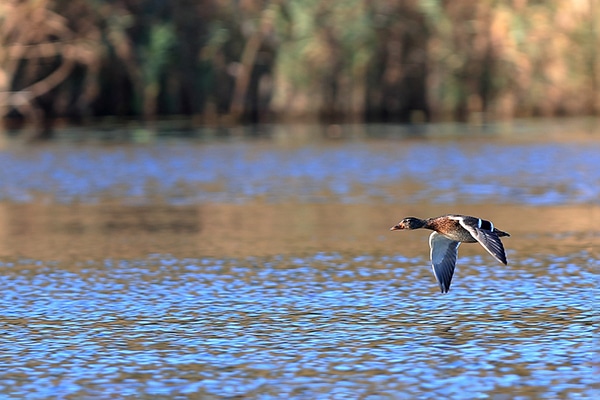
A bird in the hand
Project Penelope is here again, giving us the opportunity to get cracking with this exciting international conservation scheme.
Get information on the legal shooting season for mammals and birds in the UK.
Apply for funding for your project or make a donation today
Comprehensive information and advice from our specialist firearms team.
Everything you need to know about shotgun, rifle and airgun ammunition.
Find our up-to-date information, advice and links to government resources.
Everything you need to know on firearms law and licensing.
All the latest news and advice on general licences and how they affect you.
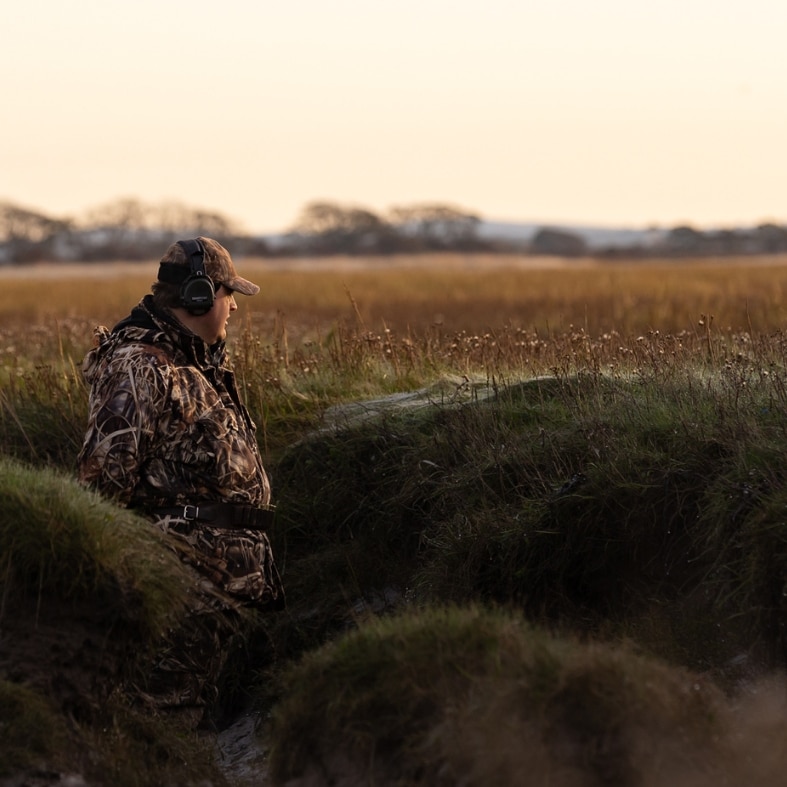

During the harshest, coldest, and most desolate days of the winter months, a remarkable symbiosis unfolds on the foreshore, often concealed behind the protective veil of the sea wall, says wildfowler Chris Wright.
Throughout the winter months, the United Kingdom becomes a temporary haven for an abundance of wildlife, particularly migratory wild ducks, geese, and waders escaping the colder and bleaker winters of distant lands.
This period, as well as the times beyond it, serves as the backdrop for a profound symbiotic relationship between man and the natural world. Those individuals who embrace this role are better known as ‘wildfowlers‘, people who take immense pride in their commitment to giving back more than they ever take.
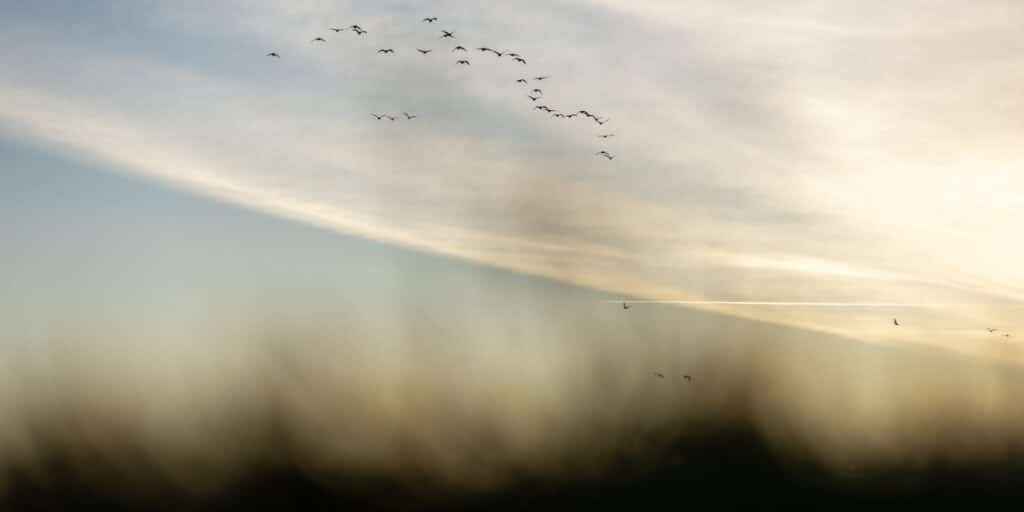
To the casual observer, the foreshore may appear stark, muddy, and damp. However, in truth, it possesses its own unique beauty, often appreciated only by a select few, wildfowlers among them.
During first and last light, these landscapes transform into a bustling hub of activity, akin to our rush hour, as wildlife of various species traverses the area in every conceivable direction.
From the cur-lee cry of the curlew to the high-pitched eee-ooo-eeep of the lapwing, the unmistakable quack of mallard, and the distinctive wink-wink of pink-footed geese – and everything in between – this harmonious chorus has the power to send shivers down the spine and drown out one’s own thoughts.
Yet, only a fortunate few will ever bear witness to this performance. Such occurrences are not mere happenstance, rather they are the result of careful management efforts, including the dedicated work of wildfowlers and a small number of others who willingly contribute countless hours each year to maintaining and enhancing these habitats. In exchange for their efforts, wildfowlers harvest a surplus of lawful quarry for the pot, a practice which is one of the oldest of its kind here in the UK and remains largely unchanged today.
Before the break of dawn, in the quietude of the pre-daylight hours, with the sea on one side and towns and cities on the other, wildfowlers and their loyal canine companions venture out into the untamed terrains of the foreshore, forging a profound connection with the wildlife and the elements during some of the wildest moments. Remarkably, this connection is made without even the pulling of a trigger.
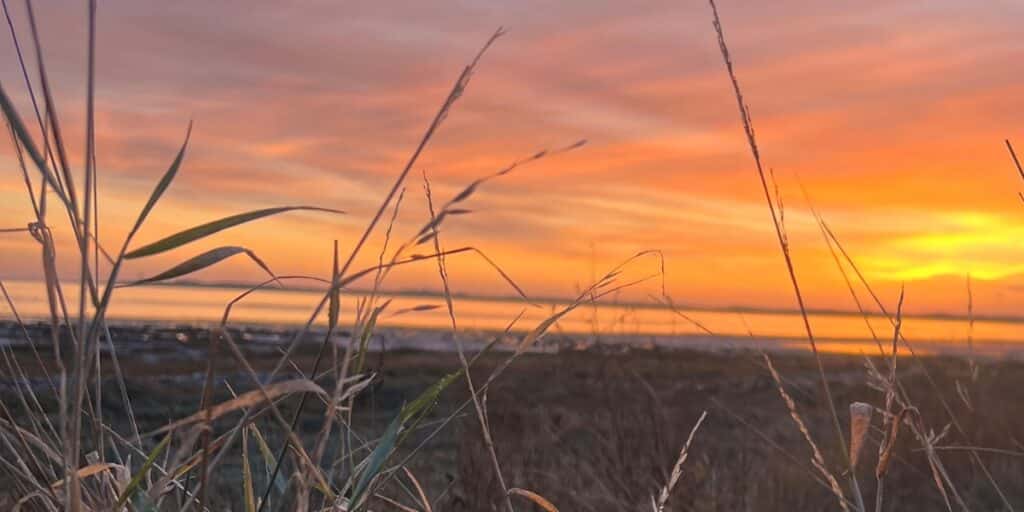
In an era marked by soaring living costs, growing concerns over food miles, disappearing natural habitats, and an increasing emphasis on mental wellbeing, wildfowling and everything that comes with it represents a sustainable cycle that has the potential to benefit all.
It’s a recreational pursuit that keeps the mind engaged and wallet intact, while also improving physical fitness and stimulating us with an invigorating breeze and captivating sights.
In most cases, we are talking about food sourced in yards, not miles, ethically harvested and providing nutritious meals.
As we grapple with environmental and wildlife conservation concerns, there has never been a more critical time to safeguard these wild places and the wildlife that call it home – a mission taken to heart without question by wildfowlers.
The question that begs asking is: Why do we repeatedly subject ourselves to extended periods in these wild environments, while the rest of the nation slumbers? Is it merely for the momentary ten seconds of pulling the trigger (if you are lucky)? It is, indeed, a thought-provoking question, one that leaves much to ponder over…
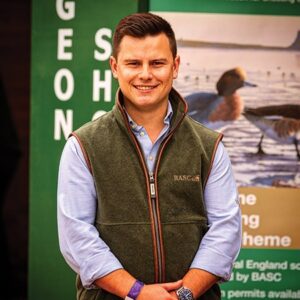

Project Penelope is here again, giving us the opportunity to get cracking with this exciting international conservation scheme.
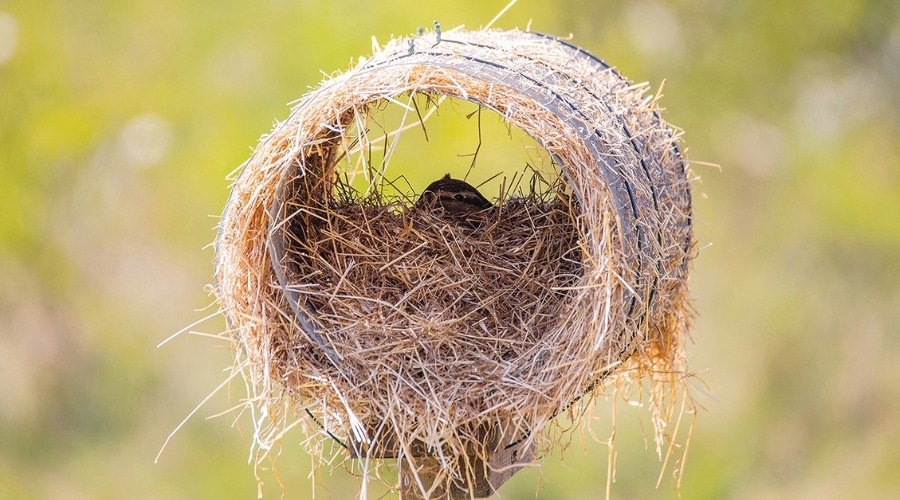
Once occupied, installing duck nest tubes can increase mallard hatching rates to more than 90 per cent.
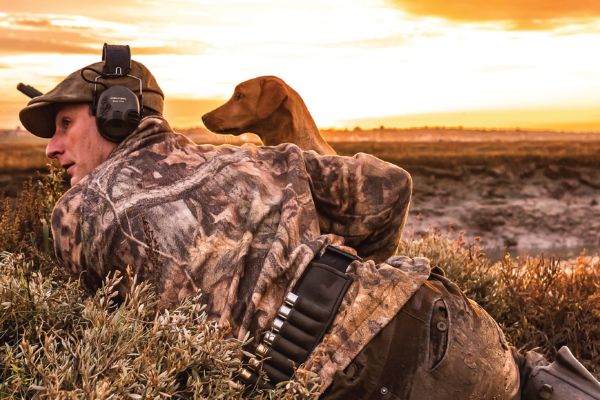
Does a perfect wildfowling dog exist? Eric Begbie looks closer at the qualities needed for a dog to be more than just good company.
Sign up to our weekly newsletter and get all the latest updates straight to your inbox.
© 2025 British Association for Shooting and Conservation. Registered Office: Marford Mill, Rossett, Wrexham, LL12 0HL – Registered Society No: 28488R. BASC is a trading name of the British Association for Shooting and Conservation Limited which is authorised and regulated by the Financial Conduct Authority (FCA) under firm reference number 311937.
BASC Direct Ltd is an Introducer Appointed Representative of Agria Pet Insurance Ltd who administer the insurance and is authorised and regulated by the Financial Conduct Authority, Financial Services Register Number 496160. Agria Pet Insurance is registered and incorporated in England and Wales with registered number 04258783. Registered office: First Floor, Blue Leanie, Walton Street, Aylesbury, Buckinghamshire, HP21 7QW. Agria insurance policies are underwritten by Agria Försäkring.
If you have any questions or complaints about your BASC membership insurance cover, please email us. More information about resolving complaints can be found on the FCA website or on the EU ODR platform.